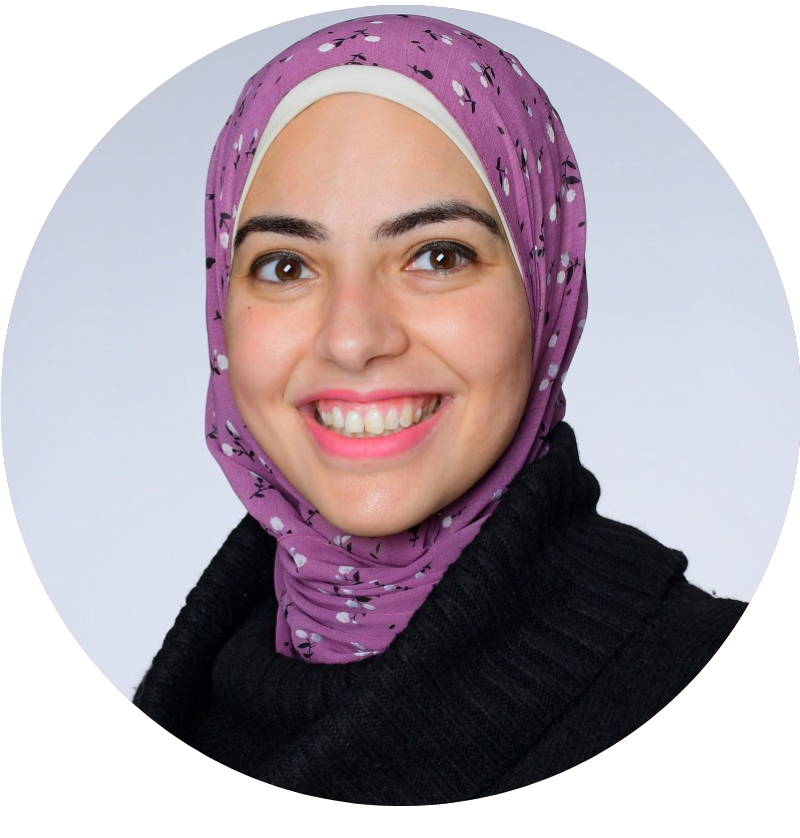
The incredible work being done as part of the BIOMET4D project to create next-generation 4D biodegradable implants for tissue regeneration wouldn’t be possible without our team of amazing researchers.
Get to know our team through our interview series. In this edition, we talk to Nourhan Hassan from the University Hospital of Cologne.
Question: Firstly Nourhan, can you give us a brief background of your relevant studies that have led you to the BIOMET4D project?
Answer: Of course. I graduated from the Biotechnology program at the University of Egypt, Cairo and then completed my doctorate studies in the field of radio oncology at University Hospital Muenster in Germany.
Question: You are currently working as a postdoctoral researcher at the University of Cologne. What is your role, and the role of your colleagues in the BIOMET4D project?
Answer: So, our working group is responsible for testing the biological capacities and cytocompatabilities of the metallic test probes in vitro that will give us more information about the final device that will be investigated later, both ex vivo and in vivo.
Question: As a researcher, what inspires you about BIOMET4D?
Answer: From a young age, I always loved to learn sciences and over the years, I developed a strong passion and deep fascination in applied sciences and molecular biology. During my previous studies, I was eager to investigate and learn more about the mechanisms and the genetic mutations that lead to cancer, and the ability of different treatments to create better health outcome for patients.
Question: Finally, Nourhan, what do you hope to achieve through the BIOMET4D project?
Answer: I hope that we can achieve the complete development of a novel, biodegradable metallic device that can be used as an alternative for the traditional medical interventions in skin expansion and treating craniosynostosis.
Nourhan, thanks very much for take the time for this interview!
BIOMET4D project aims to create a new generation of biodegradable implants capable of shape change and load-bearing for dynamic tissue restoration to provide improved health outcomes in the treatment of craniosynostosis and skin expansion procedures.
IMDEA Materials Institute leads a highly interdisciplinary European consortium of 7 members including the Technical University of Madrid (UPM), the Biomedical Research Foundation of Gregorio Marañón Hospital (FIBHGM), the National University of Ireland Galway, the University Hospital of Cologne (UCC), German medical technology manufacturer Meotec (MEO) and Belgian powder coating systems manufacturer AEROSINT.
“This project has received funding from the EIC Pathfinder under grant agreement No 101047008. Views and opinions expressed are however those of the author(s) only and do not necessarily reflect those of the European Union or the European Innovation Council and SMEs Executive Agency (EISMEA). Neither the European Union nor the EISMEA can be held responsible for them.”

